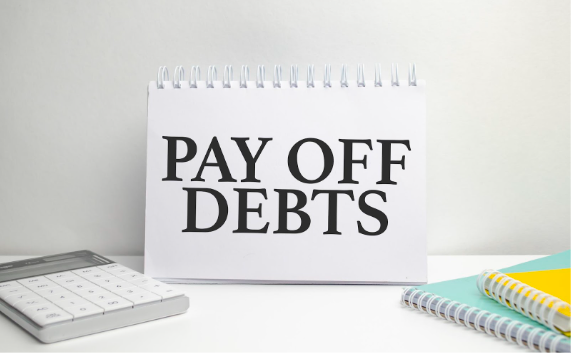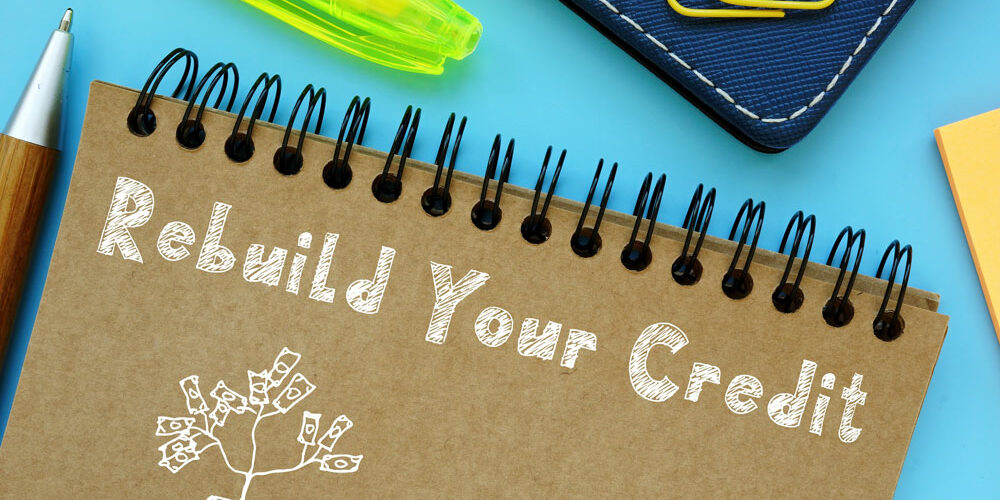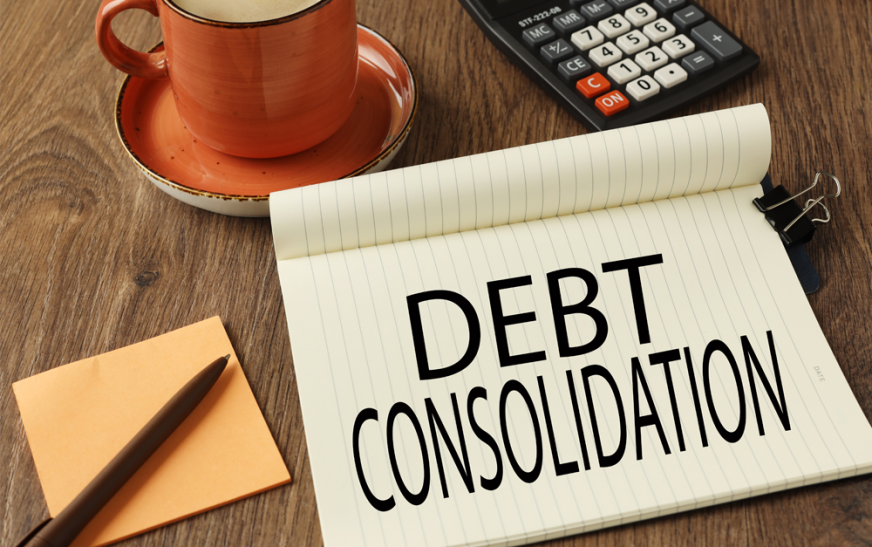How to Pay Off Debt Faster: 7 Proven Strategies

To pay off your debt faster, start by taking a close look at your current financial situation. Many people don’t look at all of their debt because it seems overwhelming. But looking at these statistics can make you stronger. First, write down all of your debts, such as credit card debt, personal loans, car loans, student loans, and other debts. Write down the balance, interest rate, and minimum monthly payment for each debt. This will give you insight into your financial situation and which loans are costing you the most. With this information, you can make better choices and create a plan that best suits your financial goals.
Create a Budget that is Both Realistic and Comprehensive
Once you know how much you owe, it’s important to create a budget that will help you spend your money wisely. A budget can help you track your income and expenses, and most importantly, it can show you where you can save money. First, write down how much money you make each month from different sources. Then, subtract your fixed expenses, such as rent, utilities, and food. Take a close look at the money you have left over and see if there are ways you can save money. You can use the money you save, such as by not eating out, not buying groceries, or not buying luxury items, to pay off your debt. If you are honest and realistic about your budget, you can slowly but surely get out of debt.
Choose the Best Repayment Method
There are a number of proven repayment methods that can help you stay on track and stay motivated. Snowball repayment is a common repayment method. With this method, you pay off your smallest debt first and then only make the minimum payment on your other debts. Then, you add that payment to the next smallest debt. This strategy gives you a sense of accomplishment and progress. Avalanche repayment is another good repayment method. With this strategy, you pay off the debt with the highest interest first. Avalanche repayment can save you more money in the long run, but snowball repayment can give you a psychological advantage more quickly. The best plan for you depends on your personality and what will sustain you in the long run.
Increase Your Monthly Payment
You need to pay more than the minimum each month to pay off your debt faster. The minimum barely covers the interest and usually doesn’t reduce the principal. Paying a little more than the minimum can have a huge impact in the long run. Consider setting up an automatic monthly payment to pay off an extra $50 or $100 on your main debt. Even a small increase can shorten the term of your loan and save you hundreds or even thousands of dollars in interest. You can also use unexpected income, such as a tax refund, bonus, or gift, directly toward paying off your debt to accelerate your progress.
Find Ways to Earn Extra Income
Sometimes cutting costs isn’t enough. The best way to pay off your debt faster is to earn more money. You might consider getting a part-time job, freelancing, or selling things you no longer need. Many people have made extra income through sites like Etsy, Upwork, or local odd jobs. You can also rent out a spare room, teach classes, or run a taxi business. The most important thing is to use all the extra money you have to pay off debt instead of wasting it. If you work hard, that extra money can help you pay off your debt faster.
Avoid New Debt at All Costs
You need to break the cycle of creating new debt while paying off old debt. That means not taking out a new credit card, loan, or other form of borrowing unless you really need it. It’s a good idea to use cash or a debit card for all of your purchases. This means that you can only spend the money you already have. Also, stay away from “buy now, pay later” services or retail credit cards, which may seem convenient but can leave you with extra debt. Stop using credit cards for purchases and instead focus on living within your means while paying off your debt.
Seeking Professional Help if Needed
If your debts seem unpayable or you’re often late on payments, it may be time to seek professional help. Credit counseling agencies can help you create a structured repayment plan and can persuade your creditors to lower your interest or payments. A debt consolidation plan (DMP) can help you manage your debt by consolidating all of your payments into one monthly payment. Make sure you choose a reputable nonprofit that offers free counseling services. Sometimes, having an expert evaluate your situation and provide tailored advice can be the key to getting your finances in order.
Conclusion
You may be able to pay off your debts faster if you prepare well, stick to a plan, and stick to it. It all starts with knowing how much debt you have and creating a budget so you can make larger or more targeted payments. Choosing a repayment method that works for you will help keep you motivated. Cutting expenses and increasing your income can give you the extra money you need to speed up your repayment process. The most important thing is to avoid additional debt and seek help when you need it so that your progress is steady and sustainable. If you put in the time and effort, you can get out of debt and have a better financial future.
FAQs
1. How long does it usually take to get out of debt?
The time it takes to pay off your debt depends on your debt, your interest rate, and how much extra money you can afford to pay each month. Many people can get out of debt in three to five years if they make regular payments and follow a plan.
2. Is snowball or avalanche debt better?
Both methods work. Snowball debt focuses on quick gains by paying off small bills first, which can motivate you. Avalanche debt saves you more money in the long run by paying off high-interest loans first. Choose a method that helps you keep going.
3. Can I pay off my debt with another loan?
A debt settlement loan can help if it lowers your interest rate and simplifies the repayment process. But you should try to avoid getting into too much debt afterward. If you do want to consolidate your debts, be careful and only do it if you have a clear repayment plan.
4. What if I can’t pay more than the minimum amount?
If you have limited financial resources, you can look for ways to increase your income or negotiate with your creditors to lower your payments. You can talk to a credit counseling service about options like debt counseling or emergency assistance.
5. Will paying off my debts negatively impact my credit score?
At first, paying off some of your debts may lower your credit score slightly, especially if you close the account. But over time, paying off debts will improve your credit score and make you a better borrower.






